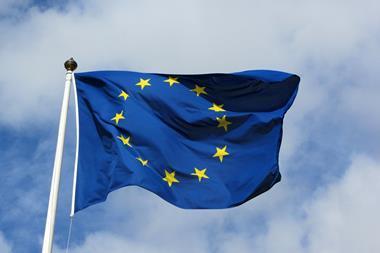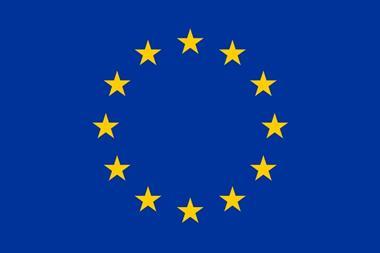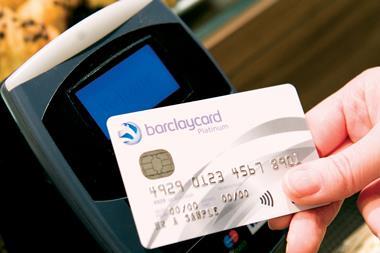The EC has unveiled plans for regulatory reform that will boost member states’ economies by €415bn (£308bn) a year by stimulating ecommerce.
- European Commission (EC) believes regulatory reform can provide £308bn a year boost
- EC hopes to implement 16-point plan by end of 2016
- Only 15% of people currently shop online from another EU country
The EC has laid out 16 proposals that it hopes to implement by the end of next year in order to “tear down” barriers to online trade through its Digital Single Market initiative.
Key proposals include more affordable parcel delivery, the end of denying consumers access to ecommerce services based on their location and the removal of red tape around different VAT regimes.
At present only 15% of people shop online from another EU country, a statistic the EC wants to change by reforming regulations in order to move from 28 national markets into a single digital economy.
European Commission president Jean-Claude Juncker said: “I want to see every consumer getting the best deals and every business accessing the widest market – wherever they are in Europe.
“Exactly a year ago, I promised to make a fully Digital Single Market one of my top priorities. Today, we are making good on that promise. The 16 steps of our Digital Single Market Strategy will help make the Single Market fit for a digital age.”
The 16 proposals include:
- Rules to make cross-border ecommerce easier through “harmonising” EU rules on contracts and consumer protection when buying online
- More efficient and affordable parcel delivery. At present 62% of companies trying to sell online say that too-high parcel delivery costs are a barrier.
- The ending of “unjustified” geo-blocking. The EC claims this is a “discriminatory practice used for commercial reasons” where online sellers either deny consumers access to a website based on their location, or re-route them to a local store with different prices.
- A reduction of the “administrative burden” businesses face from different VAT regimes. Changes will allow retailers of physical goods to other countries to benefit from single electronic registration and payment with a common VAT threshold.
- Reinforcing trust and security in digital services by addressing the concerns about the handling of personal data. This will involve a review of the e-Privacy Directive.
- The introduction of a ‘European free flow of data initiative’ to promote the free movement of data in the European Union. The EC believes some restrictions often do not have anything to do with protecting personal data and as a result innovation is being stifled.


























No comments yet